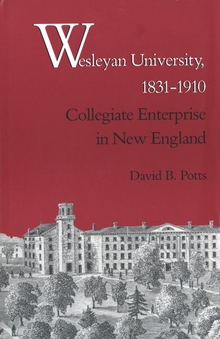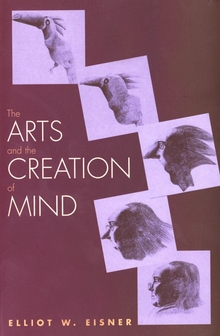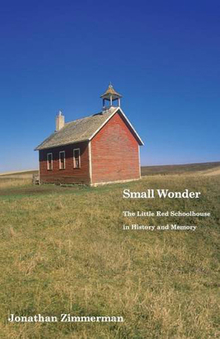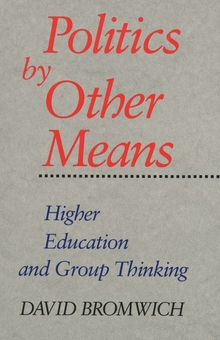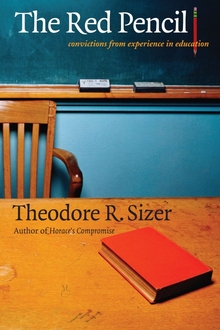Wesleyan University, 1831-1910
WARNING
You are viewing an older version of the Yalebooks website. Please visit out new website with more updated information and a better user experience: https://www.yalebooks.com
Collegiate Enterprise in New England
David B. Potts
"The book deserves many readers beyond those with Wesleyan connections: it will be of interest to non-specialists seeking a readable history of a nineteenth-century college, to religious and economic historians, and to students of social class and professionalization."—Hugh Hawkins
"An engaging case study of the Methodist educational flagship that substantially revises our notions of Protestant higher education. In particular, it challenges the commonplace that such ventures began as sectarian nurseries of piety and evolved gradually but steadily into secular, liberal arts institutions. (Instead, it shows that Wesleyan and other colleges initially functioned as community, cooperative ventures and only after some four decades of local service acquired distinctive and national Methodist identity in consequence of a deliberate campaign toward that end.) A must for students of education, American religion, and secularization who will find the exhaustive notes as valuable as the tersely wrought chapters."—Russell E. Richey, Associate Dean for Academic Programs and Research Professor of Church History, Duke University (Wesleyan '63)
"All members of the extended Wesleyan family can read this work with pleasure and intellectual profit. David Potts has performed an admirable service in tracing the roots of the institutions's distinction and distinctiveness."—William J. Barber, Andrews Professor of Economics, Wesleyan University
"Many an author has set out to tell the story of a significant educational institution in the context of its times, but few have succeeded to the degree that this very readable analytical narrative of the first half of Wesleyan University's history has attained. A major reason is that while always keeping the focus on the changes and continuities in the life of the college founded in Connecticut's Middletown in 1831, David Potts has throughout skillfully compared it with other such enterprises, chiefly in New England. To distill such a probing and illuminating interpretation out of the vast primary and secondary sources available to him is an impressive scholarly achievement that sets new standards for institutional histories."—Robert T. Handy, Henry Sloane Coffin Professor Emeritus of Church History, Union Theological Seminary, New York
"This is the best college history to appear in many years. Potts manages to cover all of the interesting topics, from students and football to curriculum and trustees, without ever dropping a thread in the narrative fabric. Wesleyan University is full of new insights for students of higher education, and yet at the same time it is an exceptionally good read. Potts has produced a superb book, worthy of the institution he chronicles."—Stanley N. Katz, President, American Council of Learned Societies
"A model for what college historiography should and can be."—Professor Jurgen Herbst, University of Wisconsin-Madison
"In this adroit blend of institutional and cultural history, David B. Potts provides an exemplary analysis of the first eighty years of Wesleyan University. . . . The strength of this study lies in its wealth of detail, personal vignettes, and vivid sketches of the behavior of the students, faculty, trustees, and alumni."—William G. McLoughlin, New England Quarterly
"Many themes of interest to historians of higher education in the nineteenth century are illuminated by Potts's analysis, including the relative influence of local and denominational forces in establishing the college, the emerging role of alumni, the rise of scholarly specialization on the faculty, and debates about coeducation. . . . This is a fine book, well grounded in archival materials and the relevant secondary sources. . . . Potts's work deserves attention not only from Wesleyan loyalists but from serious students of the nineteenth-century New England college."—Richard M. Freeland, History of Education Quarterly
"A sustained, richly documented, and engaging case study. . . . In scope and depth, this work is a model of institutional history. Potts has an impressive command of the relevant literature and utilizes extensive archival research to tell Wesleyan's story."—Bradley J. Longfield, Journal of American History
"Meticulous research and careful analytical writing. . . . This book is a contribution to the history of American higher education. One hopes that a second volume will soon follow."—Mary Martha Thomas, American Historical Review
"Potts has made one college's history both interesting to read about and an important addition to the larger historiography of American higher education."—James Findlay, Church History
Publication Date: June 24, 1992
20 b/w illus.

